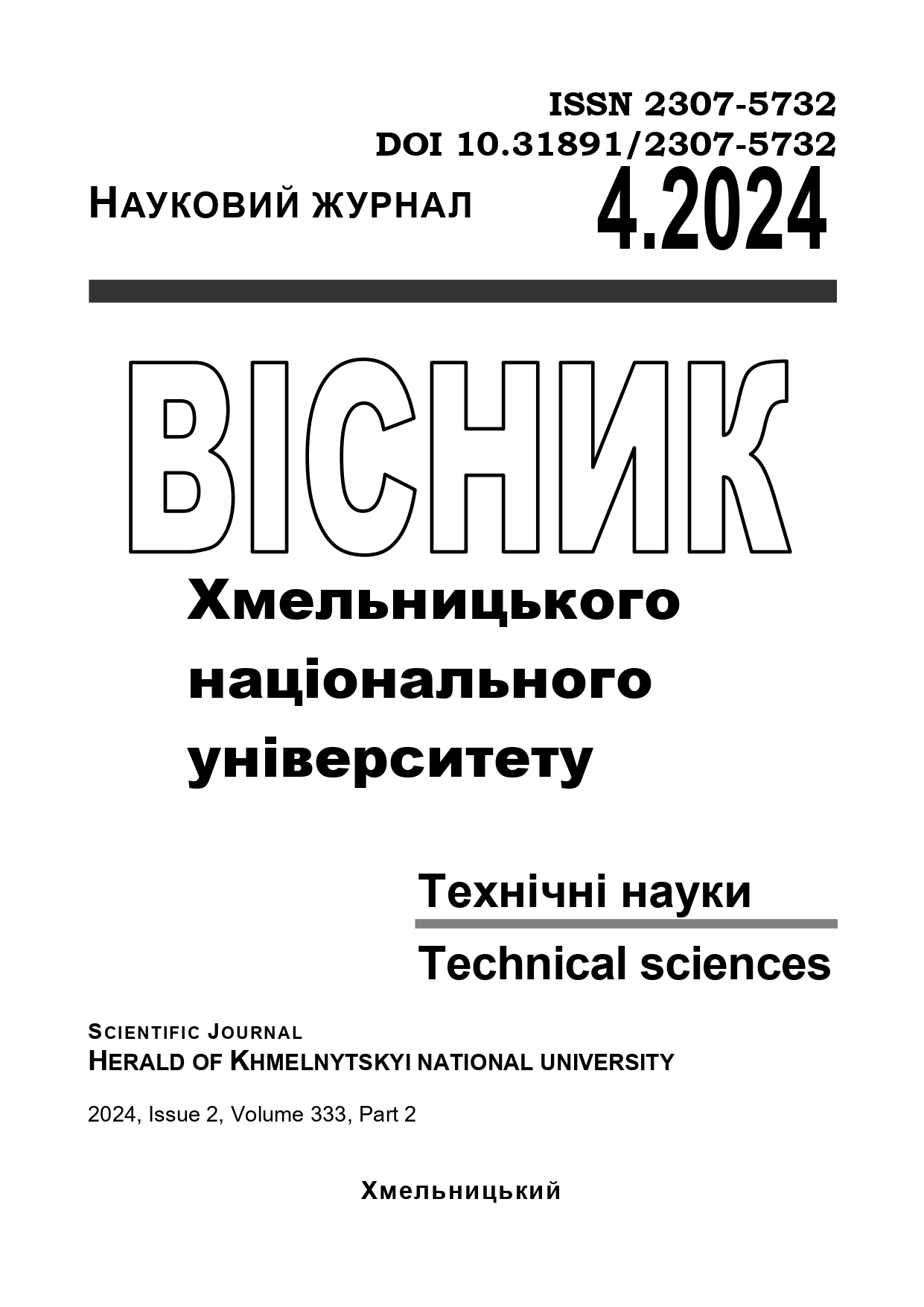MODELING THE FUNCTIONING OF LOGISTICS PROCESSES USING MATHEMATICAL AND COMPUTER APPROACHES
DOI:
https://doi.org/10.31891/2307-5732-2024-339-4-27Keywords:
logistics processes, mathematical modeling, route optimization, inventory management, Dijkstra's algorithm, computational tools, efficiencyAbstract
his paper addresses the modeling of logistics processes using mathematical and computational approaches. In today's globalized market, optimizing logistics processes is crucial for minimizing costs and enhancing the efficiency of supply chain management and product delivery. The study explores various mathematical models and algorithms designed to optimize delivery routes and inventory management. Specifically, it discusses the formulation of a mathematical model for route optimization using Dijkstra's algorithm and inventory management through formulas that account for demand, lead time, and service levels. The primary objective of the research is to develop and implement a mathematical model that improves logistics efficiency by applying computational tools. The work includes the formalization of the mathematical model, which considers routing and inventory management, the creation of iterative algorithms for optimizing delivery routes and inventory levels, and the use of modern software tools for modeling and analysis. The results demonstrate that the proposed models effectively reduce transportation costs and enhance overall logistics performance. By employing Dijkstra’s algorithm, the study achieves optimal routing solutions that minimize costs while considering factors such as transportation expenses, delivery time, and contract requirements. The inventory management model, based on safety stock calculations and demand forecasting, ensures a balanced approach to maintaining optimal inventory levels.
The findings indicate that the developed model not only addresses current logistics challenges but also has the potential for future improvements. Future research directions include expanding the model to incorporate additional constraints, adapting it to various types of enterprises, and refining algorithms for greater accuracy and efficiency. In conclusion, the study highlights the potential of mathematical modeling and computational methods in optimizing logistics processes, offering a valuable tool for modern supply chain management systems. The research contributes to the advancement of logistics optimization by providing practical solutions and a foundation for further development.

